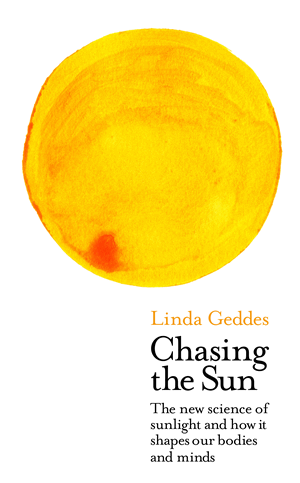Giving birth needn’t be painful, if you just banish fear. So goes the mantra of hypnobirthing instructors, who tell you to “embrace each gentle birthing wave” and imagine yourself in a beautiful garden, plucking fruit from a bowl, or soaring high in a hot air balloon and casting your anxiety overboard.
It’s an attractive idea – even Kate Middleton is rumoured to be considering giving it a try – but does it really work? Up until now, the only studies to investigate hypnobirthing have been relatively small and not particularly well designed, making it difficult to determine whether it is any good or not.
But a new study published in the British Journal of Obstetrics and Gynecology may finally provide an answer. Anette Werner at Aarhus University in Denmark and her colleagues took 1222 healthy pregnant women expecting their first child, and randomly assigned a third of them to receive three hours of instruction in self-hypnosis, plus audio-recordings to help them put themselves under; another third were taught general relaxation and mindfulness techniques; while the remaining third received no training.
If hypnobirthing is effective, the researchers reasoned, then fewer women would request epidural pain relief and they would rate their labour as less painful overall. Unfortunately, that’s not what happened. There was no difference between the three groups in terms of their epidural use, or in their self-assessment of pain.
This study doesn’t mean that hypnobirthing isn’t effective for a subset of women – maybe if the researchers had only selected women who believed from the outset that hypnosis would work, they would have got a different result. But then, such women may have been biased in how they reported the experience. The point about this study is that the women were chosen at random.
It’s also true that labour varies massively between individuals, and even between different pregnancies. But if this is your first baby, you have no idea how your body will react to labour or how things will progress.
My own experience of hypnobirthing was that it was great for reducing my anxiety about birth in the run-up to labour, and even useful in the early stages, before the contractions got too intense. However, I felt that its focus on describing contractions as surges, and pain as pressure left me totally underprepared for just how intense the “pressure” actually was. As a result I panicked, and I suspect that this undid any good that hypnobirthing might have achieved in terms of relaxing into labour. Maybe it would have been more useful second time around, when my eyes would have been more open to what I could expect – but I’ll never know: I had to have a c-section as a result of complications from the first birth.
My advice to women considering self-hypnosis would be to by all means take those hypnobirthing classes (if you can afford them), but keep your mind open to other forms of pain relief and to the idea that things may not go as smoothly as your teacher might suggest. And know that if you don’t achieve a “perfect” natural birth, then you’re perfectly normal and you’ve still done a fantastic job in producing a healthy baby.


